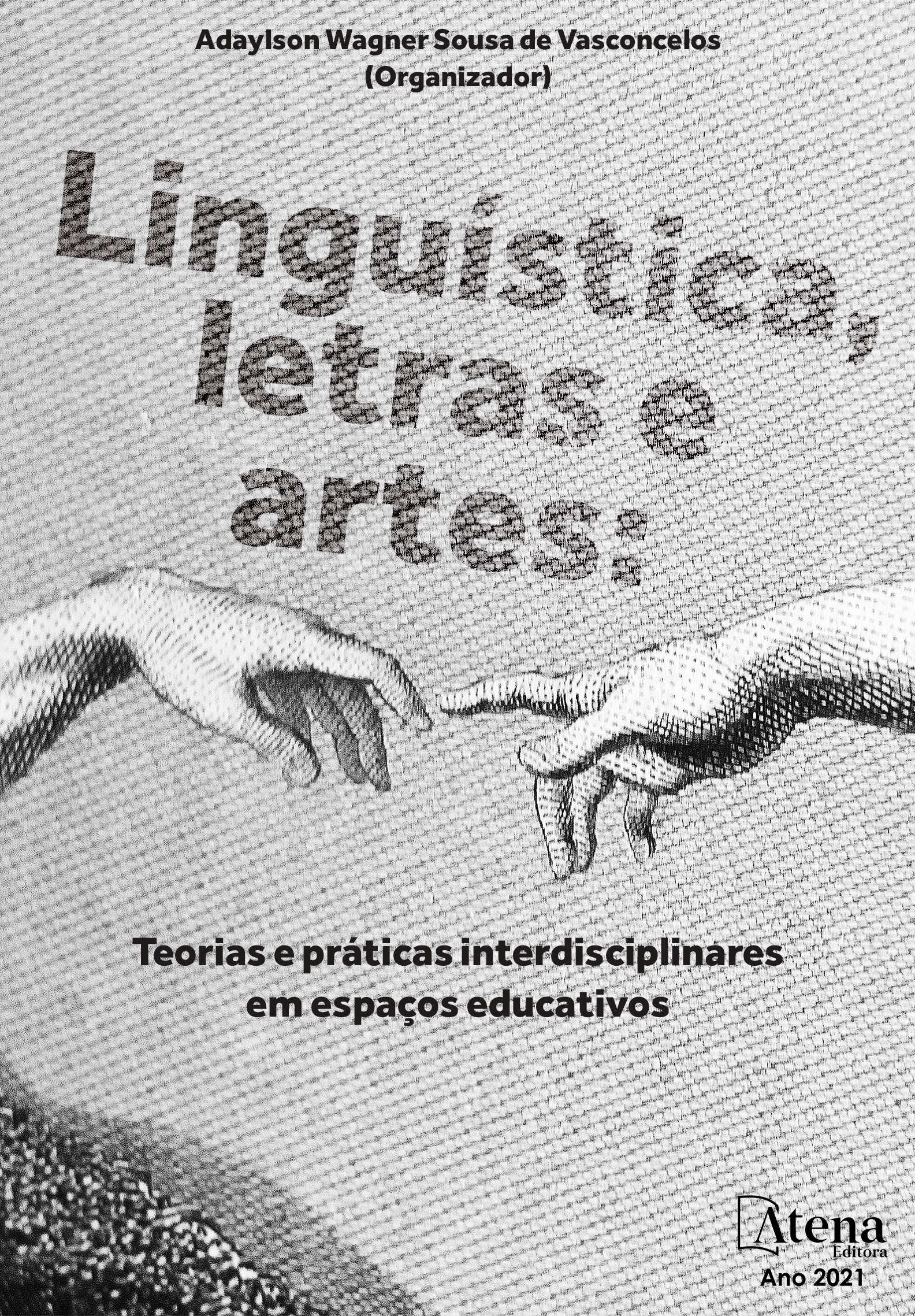
AS ESTRATÉGIAS DE POLIDEZ E O PROCESSO DE ENSINO-APRENDIZAGEM DA ESCRITA EM LÍNGUA INGLESA
O objetivo desse trabalho é analisar as interações verbais - aluno/aluno; aluno/professor, com o intuito de observar de que maneira os interlocutores fazem uso das estratégias de polidez positivas e negativas para evitar ou minimizar os eventuais efeitos danosos à aprendizagem, resultantes dos atos de ameaça à face. Com isso, busca-se garantir o bom êxito de todo processo de ensino-aprendizagem sociointeracional para a construção conjunta do conhecimento. Parte-se, assim, da noção de língua como atividade interativa, isto é, o processo de compreensão se dá como uma construção coletiva, dentro de uma perspectiva discursiva, na qual a língua é essencialmente observada em funcionamento. A metodologia adotada na pesquisa é de caráter qualitativo (Chizzotti, 2000), de base interpretativa e com respaldo em importantes teorias da Pragmática. Deste modo, o sujeito-observador não é alijado do processo de aquisição de conhecimento, já que é justamente esse sujeito que deverá, em última instância, atribuir significação aos fenômenos observados. O corpus analisado é constituído das transcrições em áudio de quatro processos discursivos, envolvendo, cada um deles, um par dialogal de aprendizes de língua inglesa, em busca por um aprimoramento de sua habilidade de escrita de textos narrativos e argumentativos na língua-alvo, além da professora-pesquisadora. Os resultados mostram que as interações são construídas cooperativamente pelos sujeitos, uma vez que a ação do falante deverá desencadear uma dada reação no ouvinte, da mesma forma que a ação deste também influenciará o comportamento de seu interlocutor.
AS ESTRATÉGIAS DE POLIDEZ E O PROCESSO DE ENSINO-APRENDIZAGEM DA ESCRITA EM LÍNGUA INGLESA
-
DOI: 10.22533/at.ed.95221200913
-
Palavras-chave: Estratégias de Polidez; Interações Dialógicas; Aprendizagem de Língua Inglesa.
-
Keywords: Politeness Strategies; Dialogical Interactions; English Language Learning.
-
Abstract:
The objective of this paper is to analyze verbal interactions - student/student; student/teacher, aiming at observing how the interlocutors make use of positive and negative politeness strategies, in order to avoid or reduce potential harmful effects to learning, derived from face threatening acts. Thus, we intend to ensure a successful outcome of social interactional teaching-learning process for the collective construction of knowledge. We, therefore, depart from the notion of language as an interactive activity, that is, the understanding process results from a collective construction, within a discursive perspective, in which language is essentially observed in function. The methodology adopted for this research is a qualitative one (Chizzotti, 2000), on the basis of data interpretation, and supported by important theories of Pragmatics. Thereby, the subject-observer is not removed from the process of knowledge acquisition, once it is exactly this subject who should ultimately attribute meaning to the observed phenomena. The analyzed corpus is composed of four discursive processes, involving, each one of them, a dialogical pair of English language learners, in search of improvement to their written ability of narrative and argumentative texts in the target language, besides the researcher-professor. Results show that the interactions are cooperatively built by the subjects involved, as long as the actions of the speaker produces a particular reaction on the listener, in the same manner as the actions of the latter will also influence the behavior of the former.
-
Número de páginas: 15
- EDUARDO BARBUIO
- DIANA VASCONCELOS LOPES


